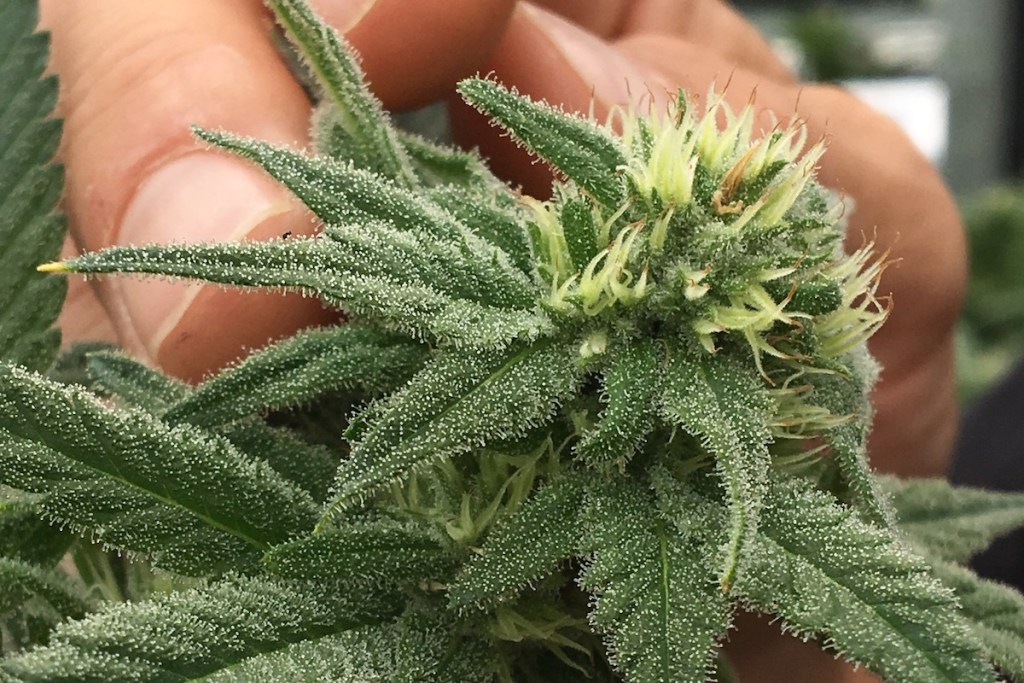Santa Barbara County is suiting up to appeal an October 29 appellate court ruling that cannabis is illegal in California — taking it up with the California Supreme Court instead. The ruling emerged from a lawsuit filed by Lompoc property owner JCCrandall LLC, who sued the county in 2021 over a Board of Supervisors decision that allowed cannabis to be transported through her property. The appellate court ruled that this violated federal drug regulations and property easements.
The decision was set to be published and used as legal precedent across the state prior to the county’s notice of appeal.
“If cannabis is going to touch your property, you need to consent to it,” said Ernest Guadiana, JCCrandall’s attorney. According to the initial court filing, Janna Caron Crandall, who manages JCCrandall LLC, wasn’t even asked.
In 2019, Santa Rita Holdings applied for a conditional-use permit from Santa Barbara County to cultivate cannabis on 2.54 acres of land east of Lompoc leased from Kim Hughes. The Hughes property lies adjacent to the Crandall property with a private access road connecting the two. The road — whose usage terms were laid out in an easement between property owners in 1998 — is the only means of accessing the Hughes property.
When the Board of Supervisors approved Santa Rita’s permit application in 2021, Crandall alleged that not only did this violate the terms of the easement, but it also violated federal law due to the illegality of cannabis at the federal level. Crandall claimed that Santa Rita never asked for consent to transport cannabis through their property, thus the supervisors’ approval had infringed upon the plaintiff’s vested property rights to determine who is or is not allowed on their property.
To grant conditional-use permits, County Code states that the supervisors must find the roads to be adequate for the proposed use — in this case, to commercially transport cannabis. While the access road was deemed adequate by safety standards, Crandall claimed that the easement does not allow federally prohibited activities to occur on the road. Therefore, the county cannot rule it adequate for the proposed use, the complaint reads.
Judge Jed Beebe of the Santa Barbara County Superior Court effectively denied the plaintiff’s claims in 2023, finding that the Board of Supervisors did not violate any laws in approving Santa Rita’s permit applications to grow and transport cannabis. Soon after, Crandall’s attorney appealed the decision to the District Court of Appeals in Ventura, affirming that the supervisors acted unlawfully.
On October 29, the appellate court reversed Judge Beebe’s decision, with Judge Arthur Gilbert writing the opinion.
“No matter how much California voters and the Legislature might try, cannabis cultivation and transportation are illegal in California as long as it remains illegal under federal law,” Judge Gilbert wrote, pointing to the Supremacy Clause in the United States Constitution. “The scope of the easement does not include the illegal transport of cannabis.”
Now, the county will continue the appeals process — this time petitioning the California Supreme Court, said Kelsey Buttitta, a spokesperson for Santa Barbara County. They will affirm that the Board of Supervisors acted lawfully when granting conditional-use permits to Santa Rita Holdings for their cannabis operation.

